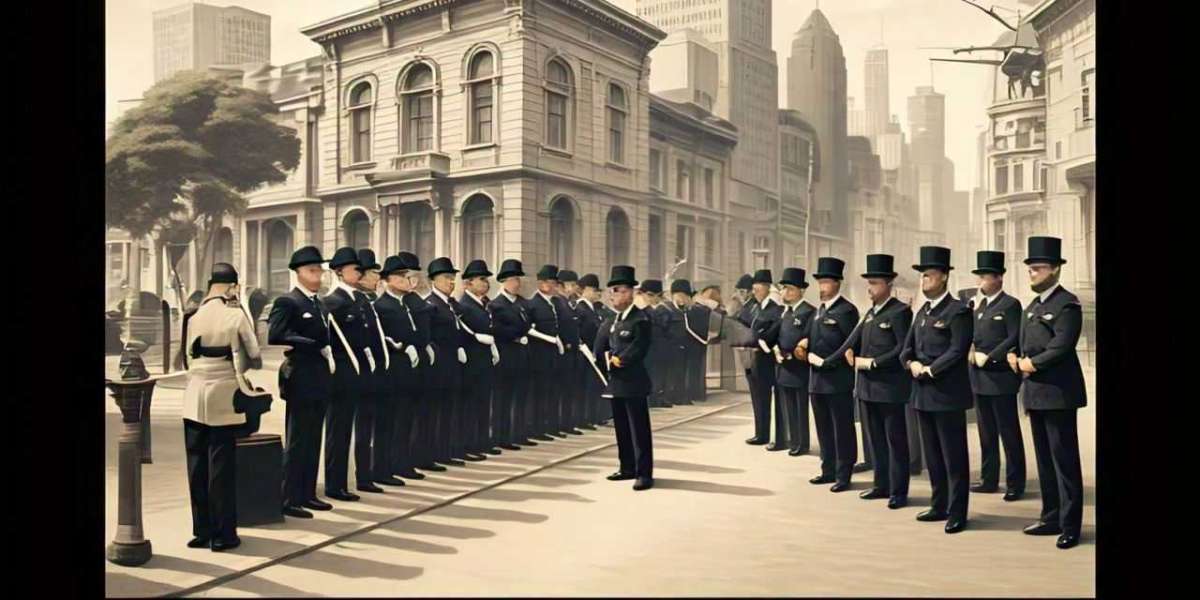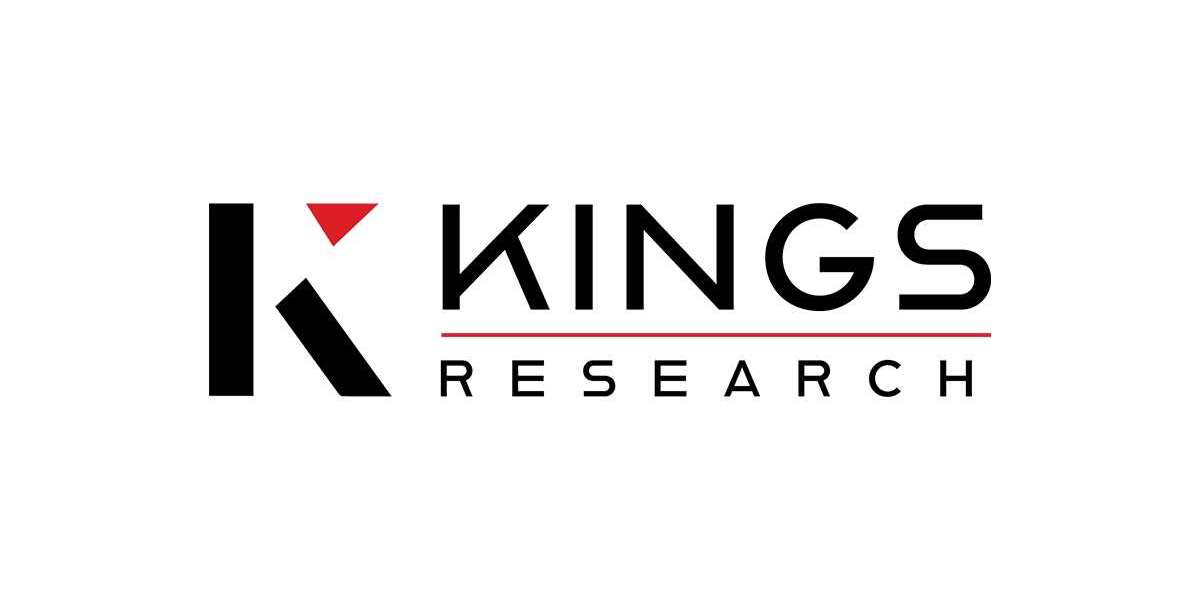Evolution of Security Guard Training Certification in Australia
Security guards play a crucial role in ensuring the safety and protection of individuals and properties across Australia. The training and certification of security personnel have evolved over the years, reflecting the growing demands of the industry. With the increasing complexity of security threats, professional security guard training and certification have become more structured, advanced, and essential for both the guards and the businesses they protect.
1. Early Days of Security Guard Training in Australia
In the early days, security guards were primarily selected for their physical abilities and basic observation skills. Training was minimal, focusing mostly on patrols and monitoring. During this period, there was no standardized certification process, and security roles were often seen as less professional. Over time, as crime rates increased and security needs became more complex, it became clear that security personnel required formal training to handle sophisticated security challenges.
2. The Introduction of Basic Security Training Programs
As the need for professional security services grew, basic training programs were introduced to equip guards with essential skills. These programs covered areas such as conflict resolution, emergency response, and customer service. Though still rudimentary, these early courses laid the foundation for the security industry’s development in Australia. They marked the beginning of the transition from informal security work to more organized and structured professional roles.
3. The Growth of Formal Certification Requirements
By the late 1990s, as crime prevention and public safety became a national priority, the Australian government began regulating the security industry more strictly. This led to the development of formal certification programs. Security guards were required to complete accredited courses to work legally in many states, ensuring that they met basic industry standards. Certification became essential for those who wanted to work in the security field and marked the first major shift towards professionalizing the industry.
4. The Role of Government Regulations in Shaping Training Standards
Government regulations played a pivotal role in defining training standards for security personnel. The introduction of licensing systems across various states, such as Victoria, required security officers to undergo specific training to obtain a license to operate. These licensing requirements ensured that security guards were adequately trained in handling emergency situations, legal responsibilities, and the use of security equipment, providing a safer environment for both security personnel and the public.
5. Advancements in Security Guard Training Technologies
The training of security guards has significantly advanced with the integration of technology. Modern security guard training programs now incorporate simulations, online courses, and real-time crisis management training. This enables security guards to practice handling emergencies in a controlled environment before dealing with actual threats. The use of advanced technologies ensures that security personnel can respond efficiently and effectively to various security scenarios.
6. Specialization in Security Guard Roles
As the security industry expanded, the need for specialized roles within the sector became evident. Security guards now undergo additional training for specific roles, such as armed security, retail security, and event security. Specialized training ensures that guards are well-prepared to handle unique challenges associated with different environments. This specialization has significantly raised the skill level of security personnel, providing more tailored services to businesses and individuals.
7. The Importance of Ongoing Professional Development
To ensure security guards remain up-to-date with industry trends and evolving threats, ongoing professional development is crucial. Many security companies, including Security Guard Services, offer refresher courses and advanced training programs that allow guards to enhance their skills. Ongoing training helps security personnel stay prepared for emerging challenges, such as cyber threats and complex crowd management situations, keeping them relevant and effective in the field.
8. Shift Towards Customer Service and Conflict Resolution Training
In recent years, the role of security guards has expanded beyond just patrolling and monitoring. With the increasing focus on customer service, security guard training now includes modules on conflict resolution, communication, and dealing with difficult situations. Guards are trained to handle situations diplomatically, ensuring a positive experience for both clients and the public while maintaining a secure environment.
9. Security Guards as Preventative Measures
Security guards are no longer just responders to crimes but are now seen as proactive deterrents. Modern security training includes the use of surveillance equipment, monitoring systems, and preventive measures to identify potential threats before they escalate. Security guards are trained to spot suspicious behavior, preventing crimes before they happen, which is essential for maintaining a secure and safe environment.
10. Impact of Global Security Trends on Australian Training Programs
As global security concerns have evolved, so too has the training for security personnel in Australia. Issues like terrorism, large-scale protests, and the increasing need for cybersecurity have shaped the direction of training programs. Australian security guards are now trained in the latest global security trends, equipping them to handle a wide range of modern threats. The integration of these international practices ensures that Australian security personnel remain on the cutting edge of the industry.
11. Security Guard Certification: An Industry Standard
The rise of professional certifications, such as those offered by recognized organizations, has solidified the role of certified security guards in Australia. Certification programs are designed to ensure that all security guards have the necessary skills and knowledge to perform their roles effectively. These certifications have helped raise the standard of security services across the country, contributing to the overall safety of businesses, events, and individuals.
12. The Future of Security Guard Training and Certification in Australia
Looking ahead, the future of security guard training and certification in Australia seems promising. With advancements in technology and an increasing demand for skilled security personnel, the training landscape will continue to evolve. In the future, we can expect even more specialization, the integration of artificial intelligence in training simulations, and more comprehensive crisis management training. Security companies like Security Guard Services are already embracing these changes to stay ahead of the curve.
Frequently Asked Questions (FAQs)
Q1: What qualifications do I need to become a security guard in Australia?
To become a security guard in Australia, you must complete a nationally recognized training program and obtain a security license specific to your state. Training covers topics such as emergency response, legal responsibilities, and customer service.
Q2: How long does it take to become a certified security guard in Australia?
The certification process typically takes several weeks to a few months, depending on the course and state licensing requirements. Training programs generally involve both theoretical and practical components.
Q3: Are security guard certifications valid nationwide?
Yes, security guard certifications are generally valid across Australia, but you must meet the specific requirements of the state in which you plan to work, as licensing rules can vary between states.
Q4: How has technology improved security guard training?
Technology has enhanced security guard training through virtual simulations, real-time scenario-based training, and online modules, making it easier for security personnel to practice and hone their skills in a controlled environment.







